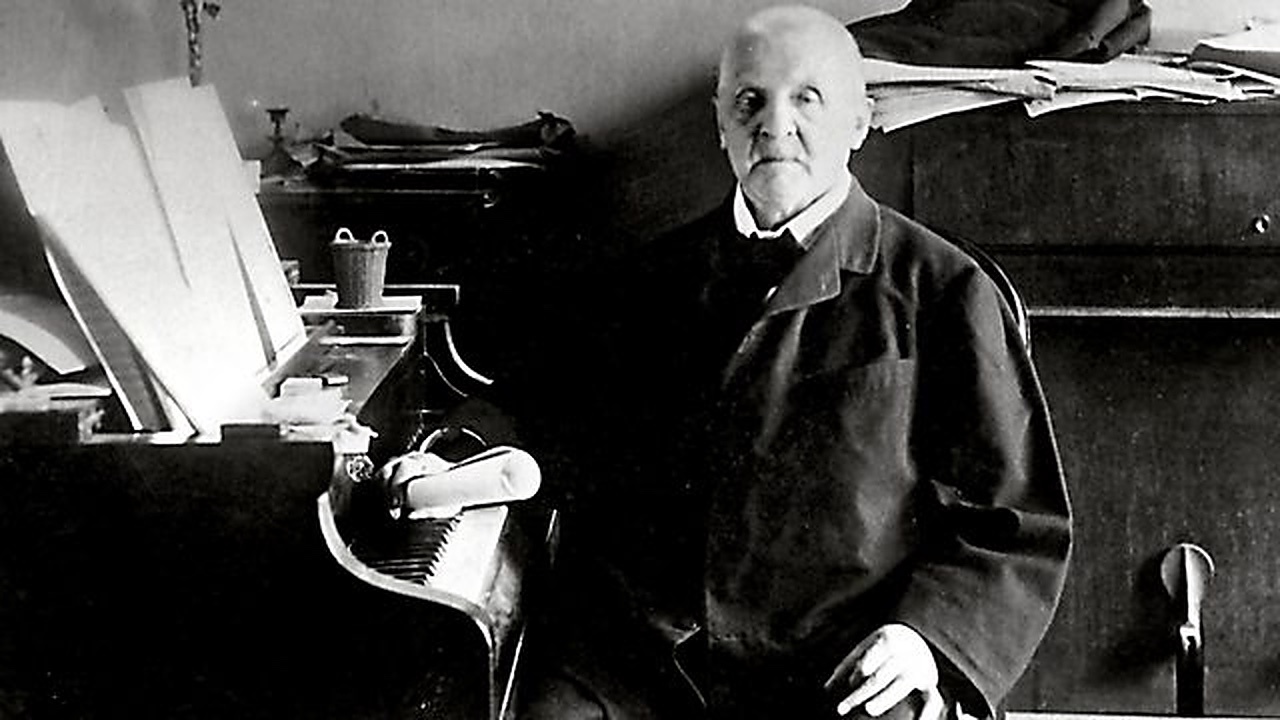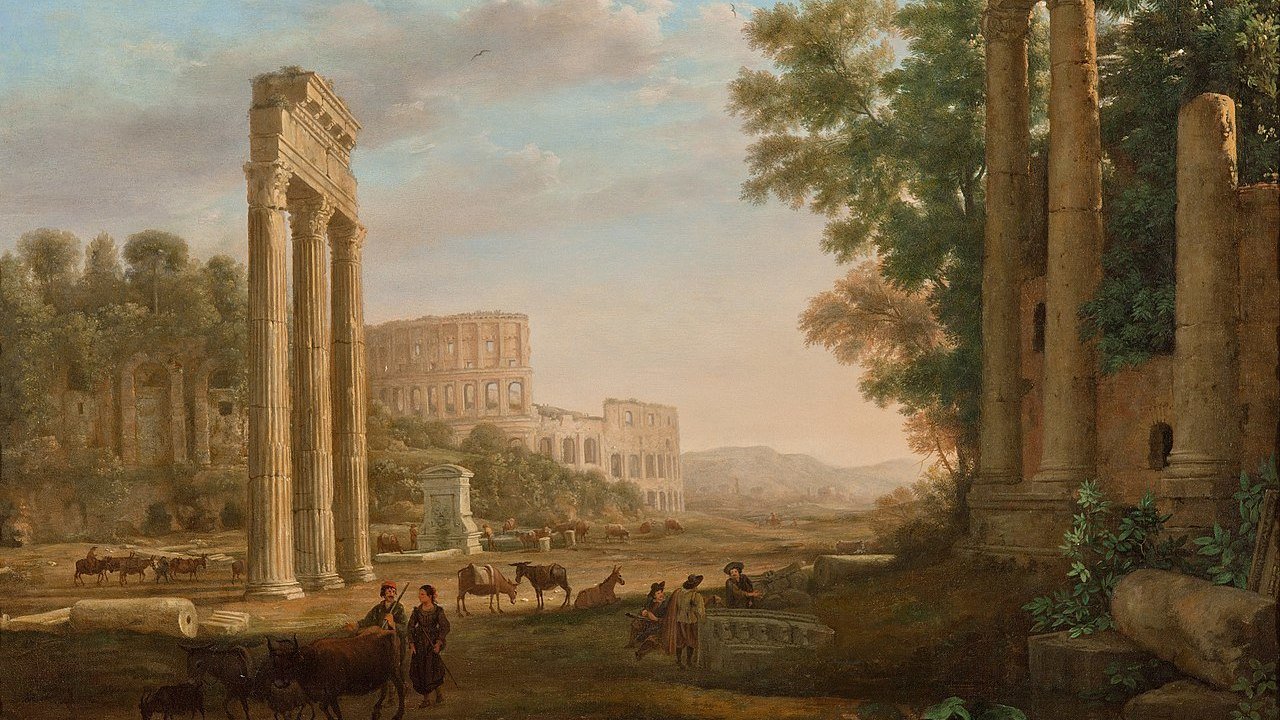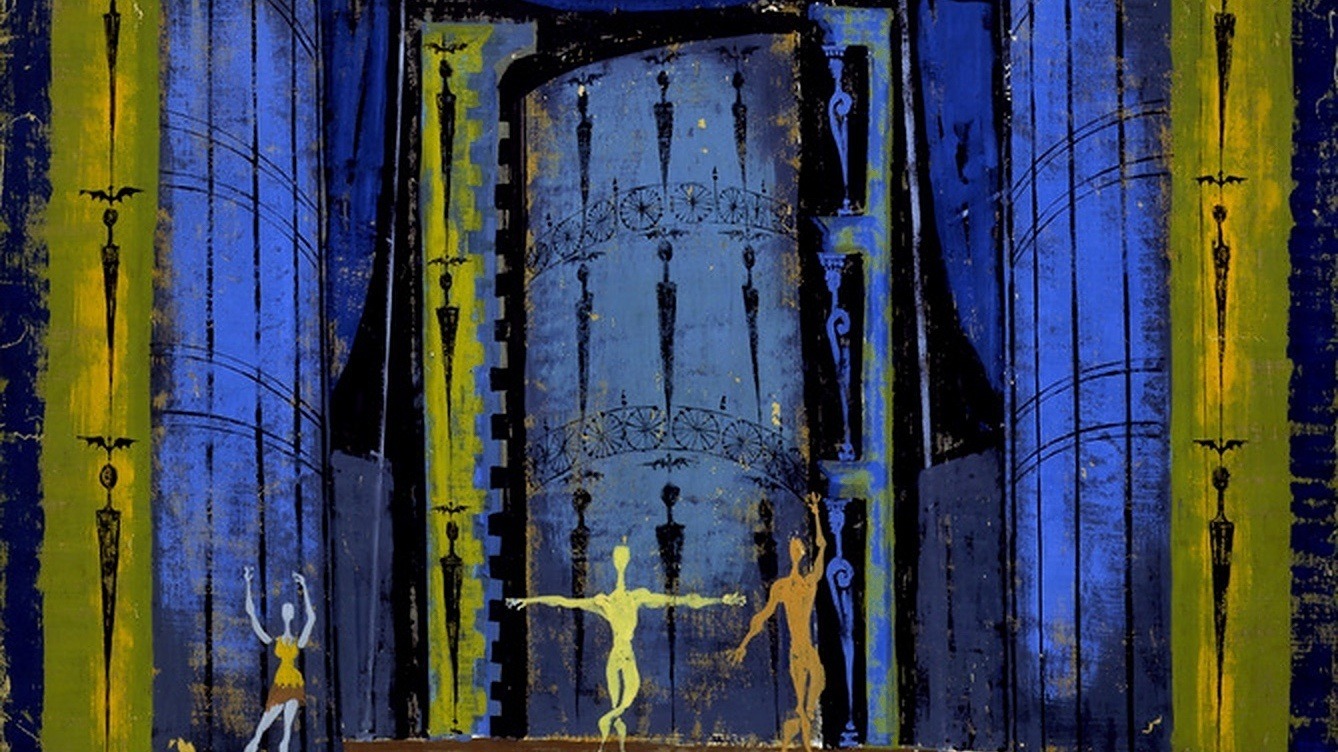Debussy’s “La plus que lente”: A Sultry Homage to the Café Waltz
Claude Debussy composed La plus que lente in 1910, shortly after the publication of his Préludes, Book I. The brief waltz for solo piano ventures into the sultry, atmospheric world of Parisian café music. Lazy and hauntingly melancholy, it is a dreamy evocation of the sounds of a Gypsy café ensemble. Additionally, at moments, the music anticipates the bluesy strains of jazz. The same year, Debussy visited Budapest and, in a letter, commented on …







